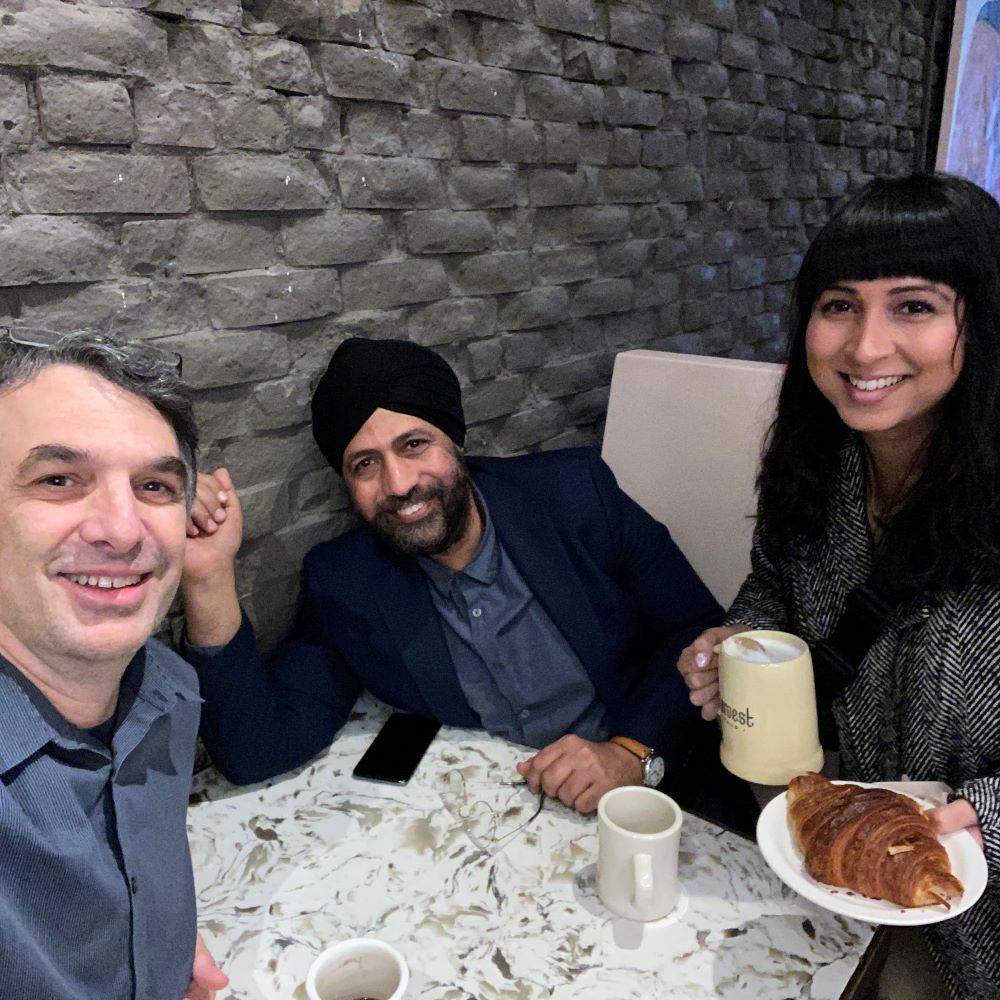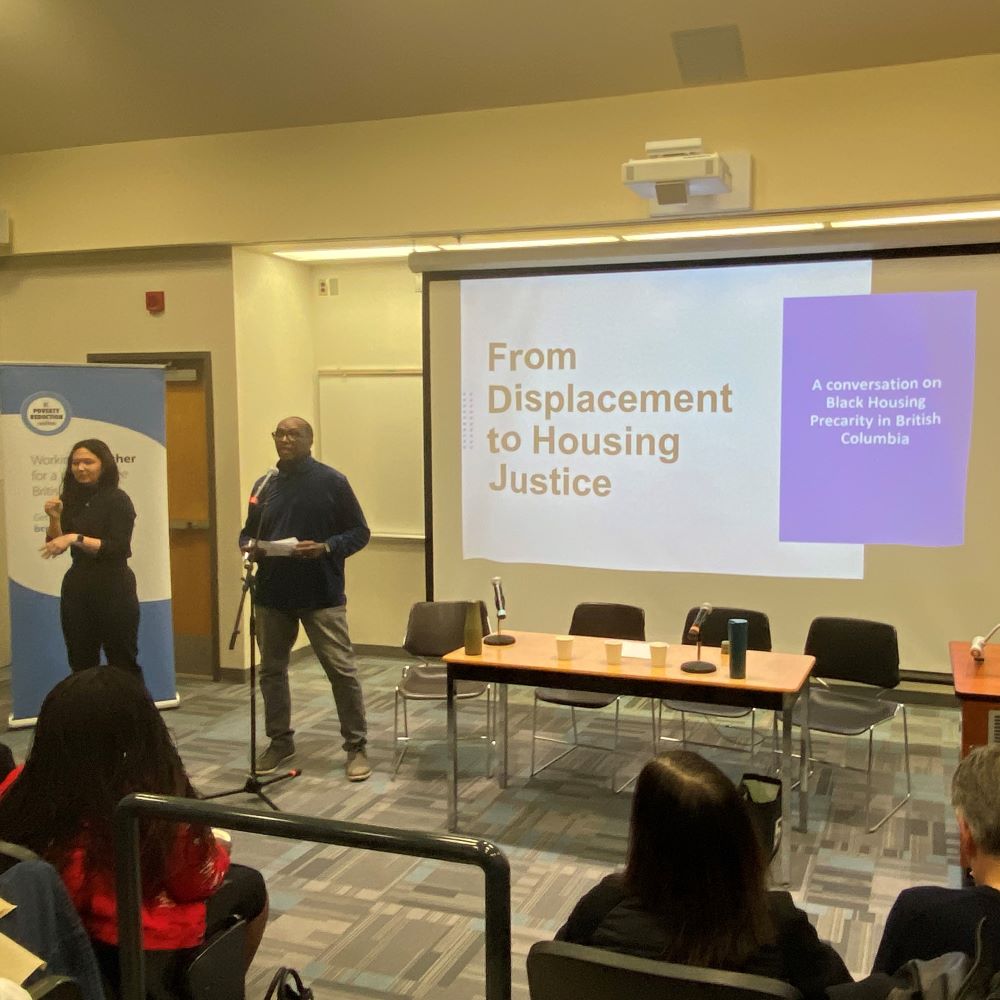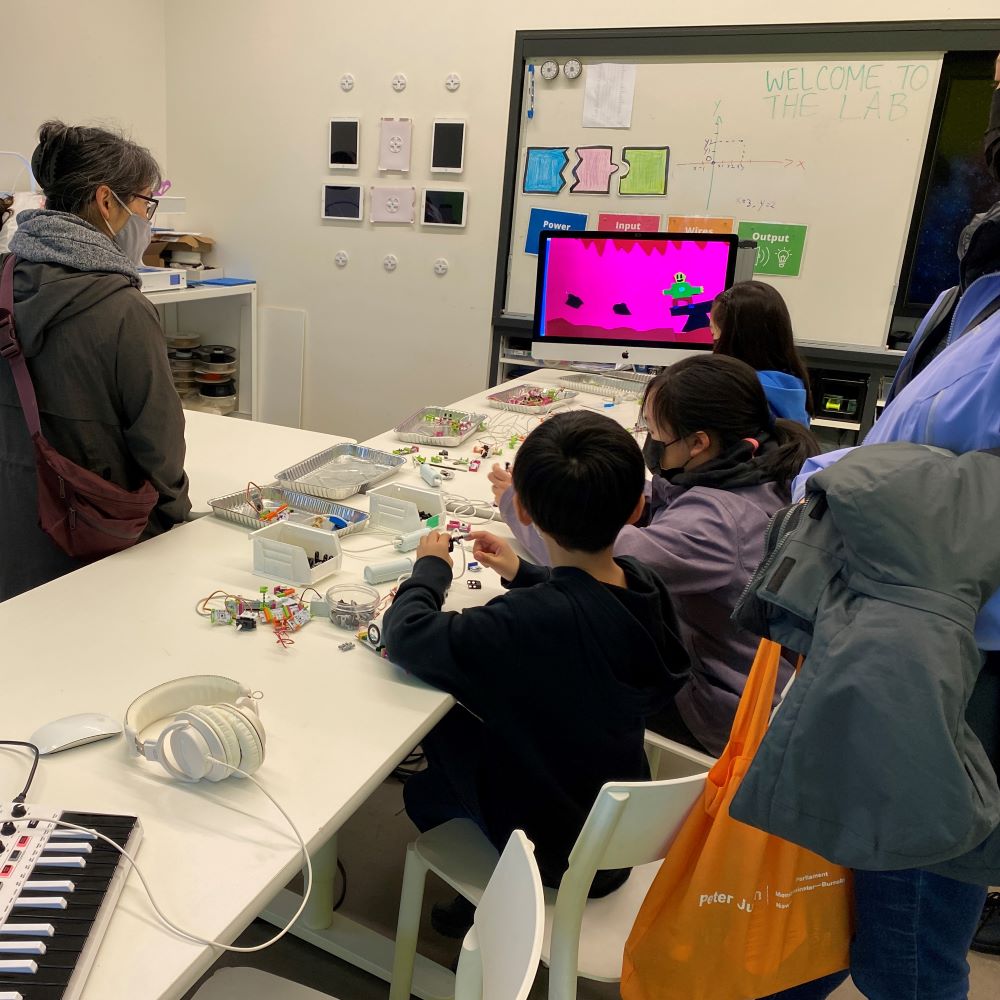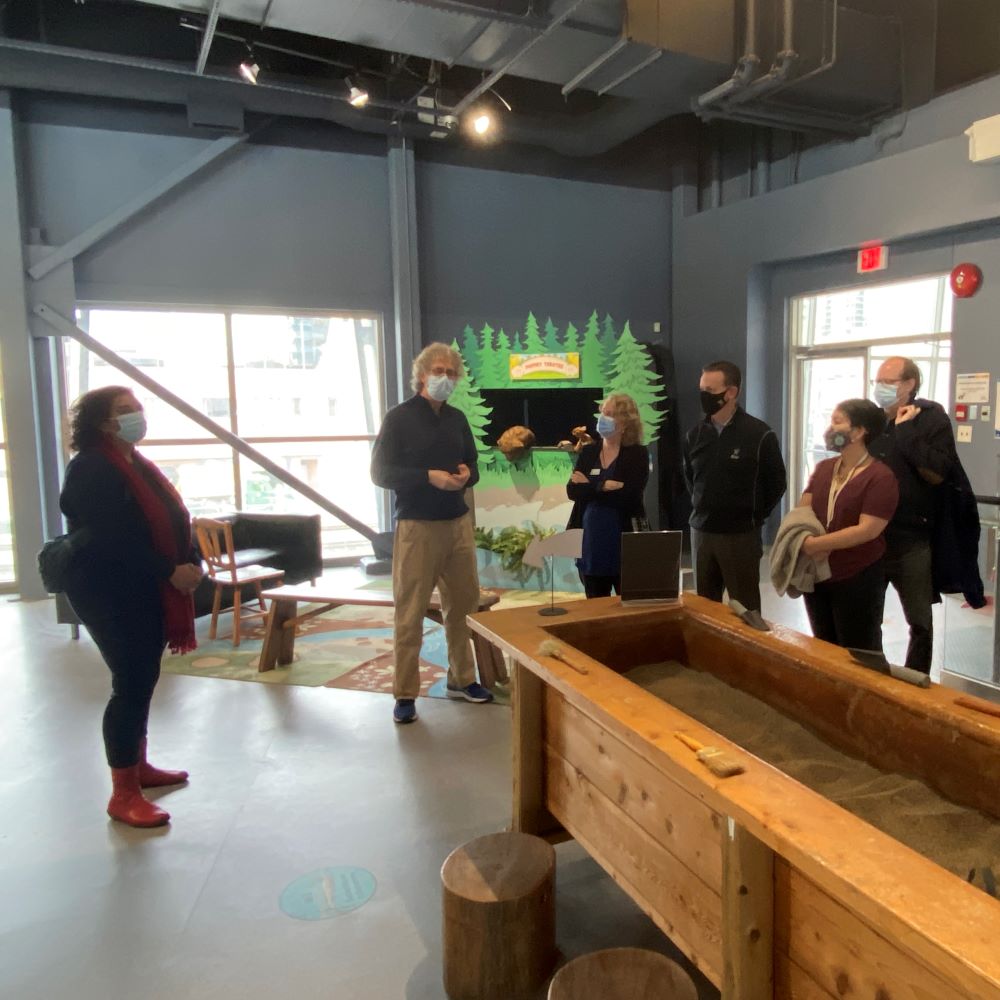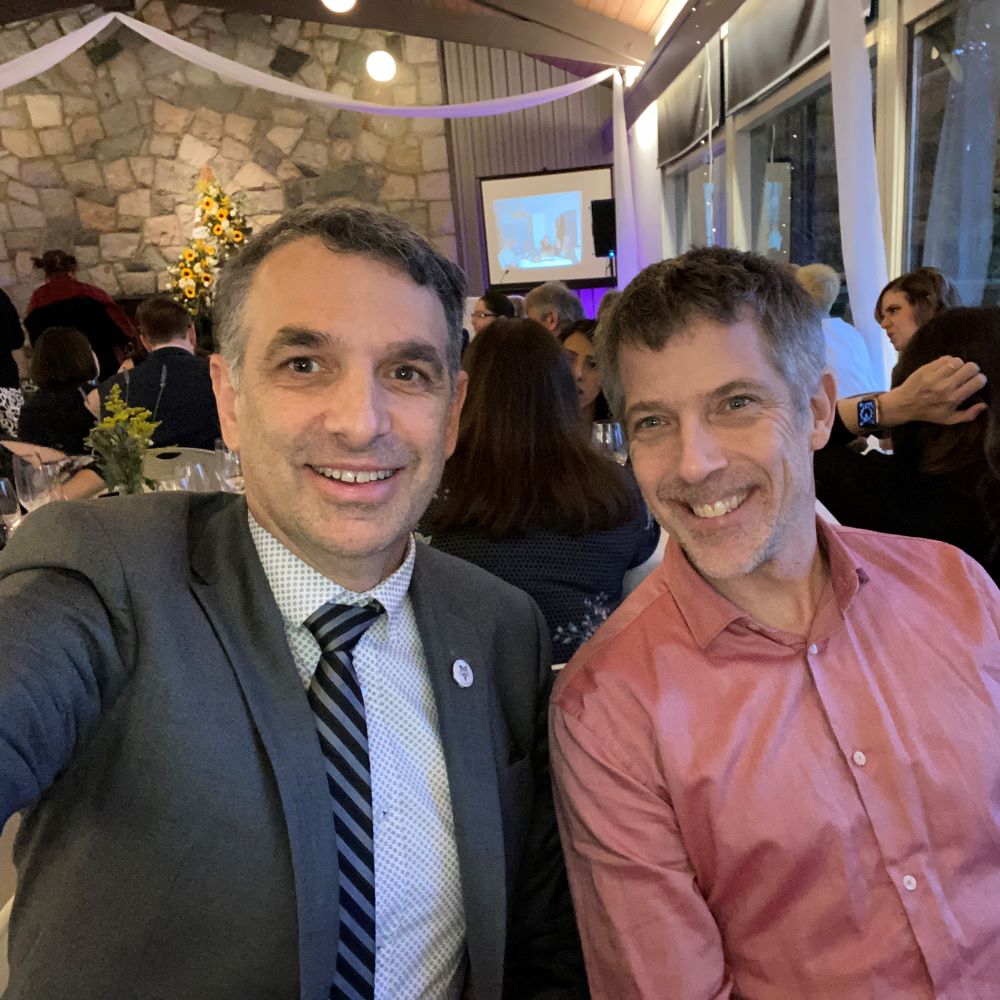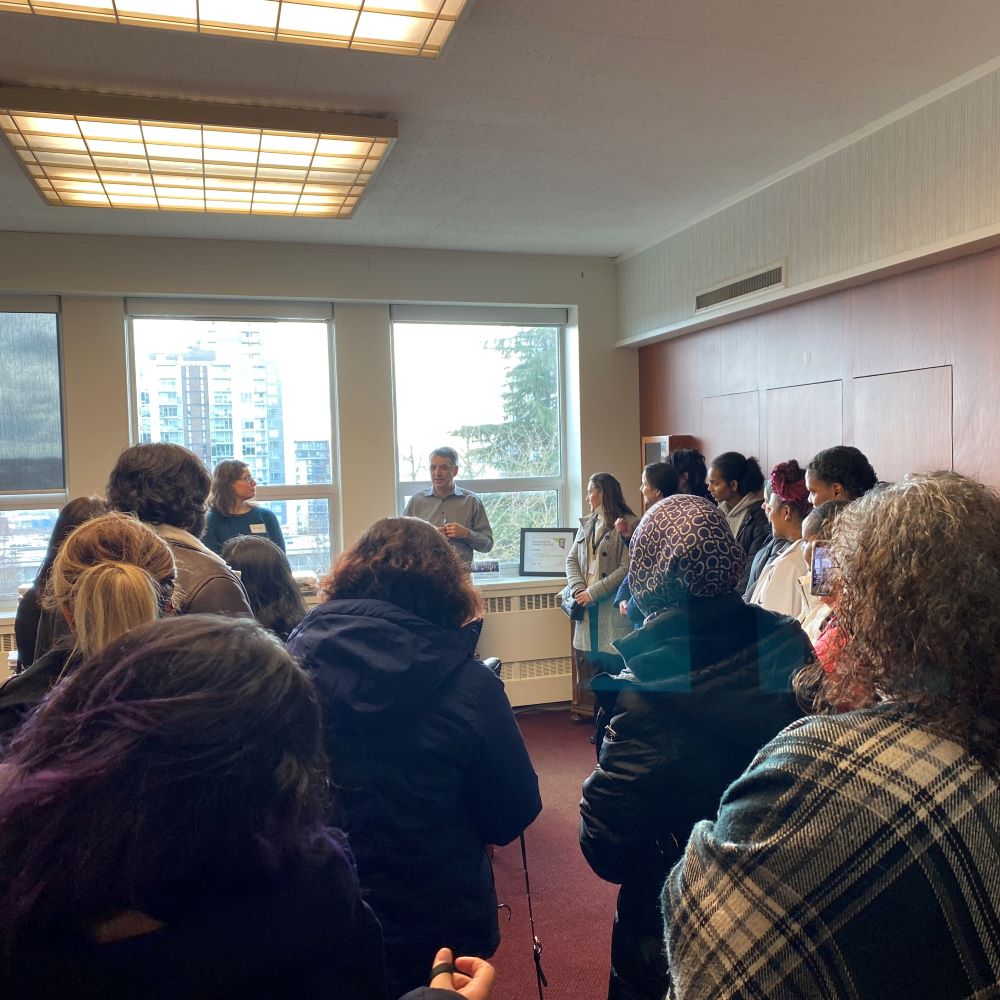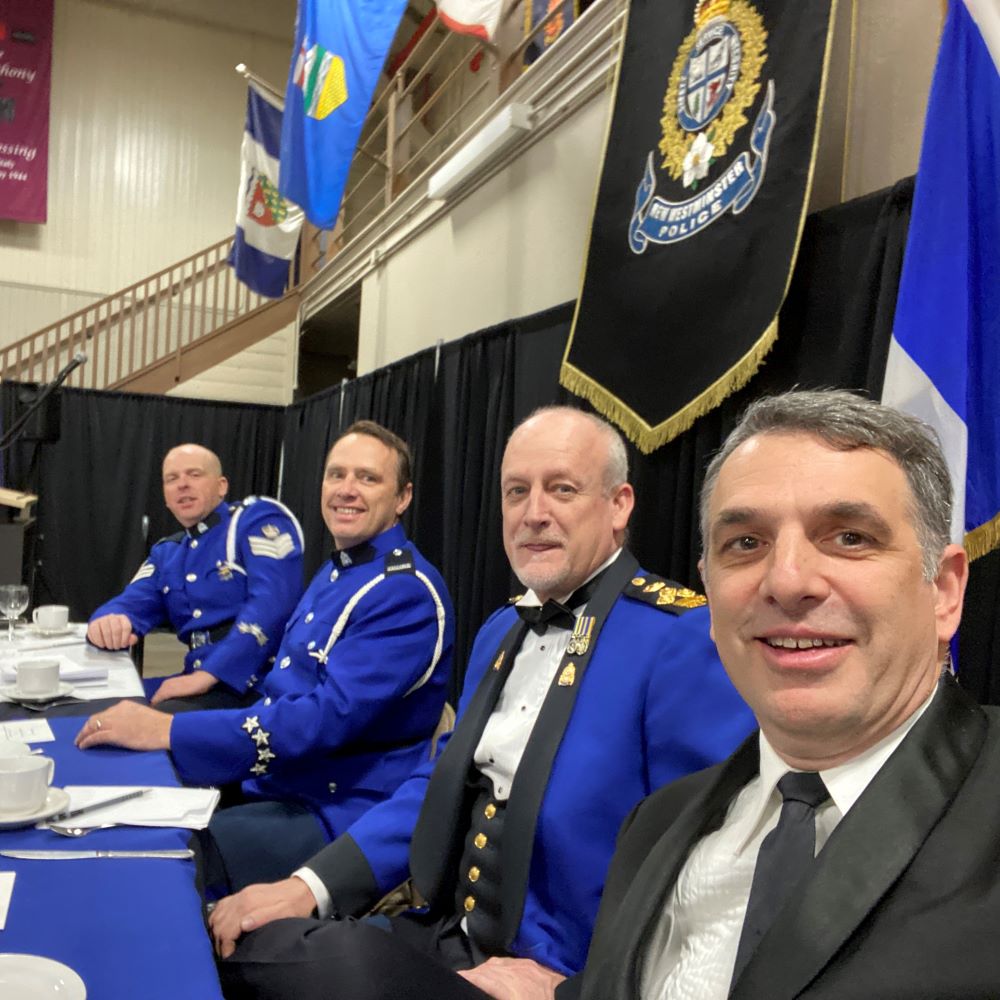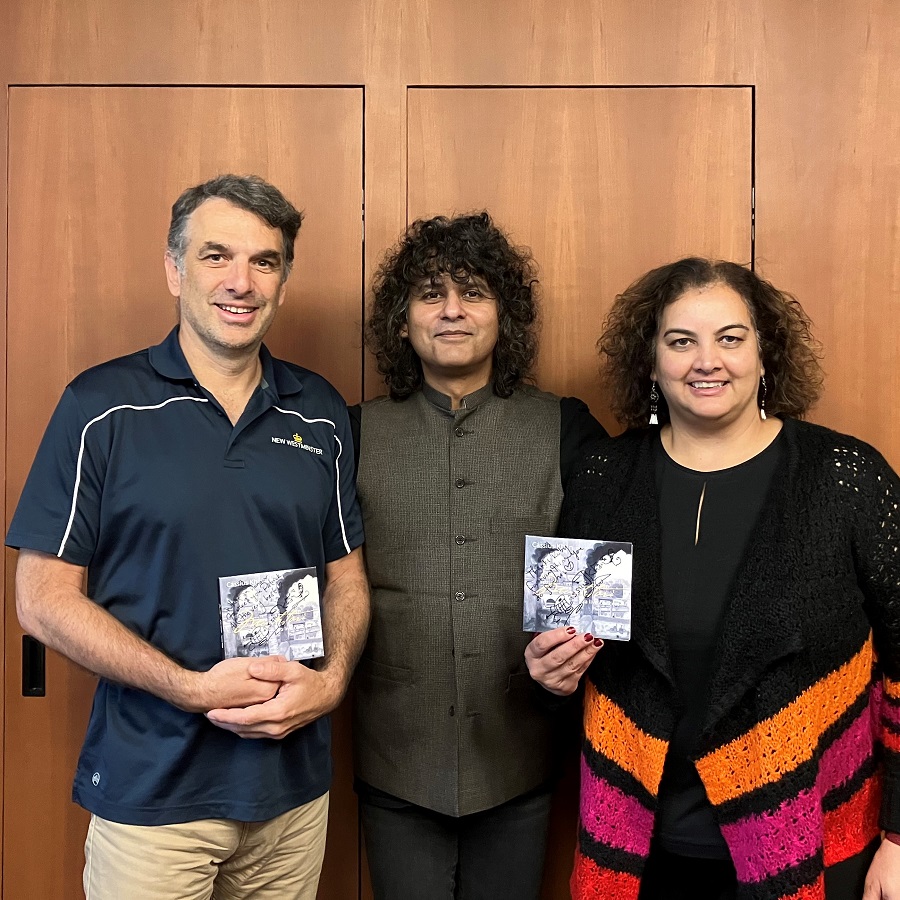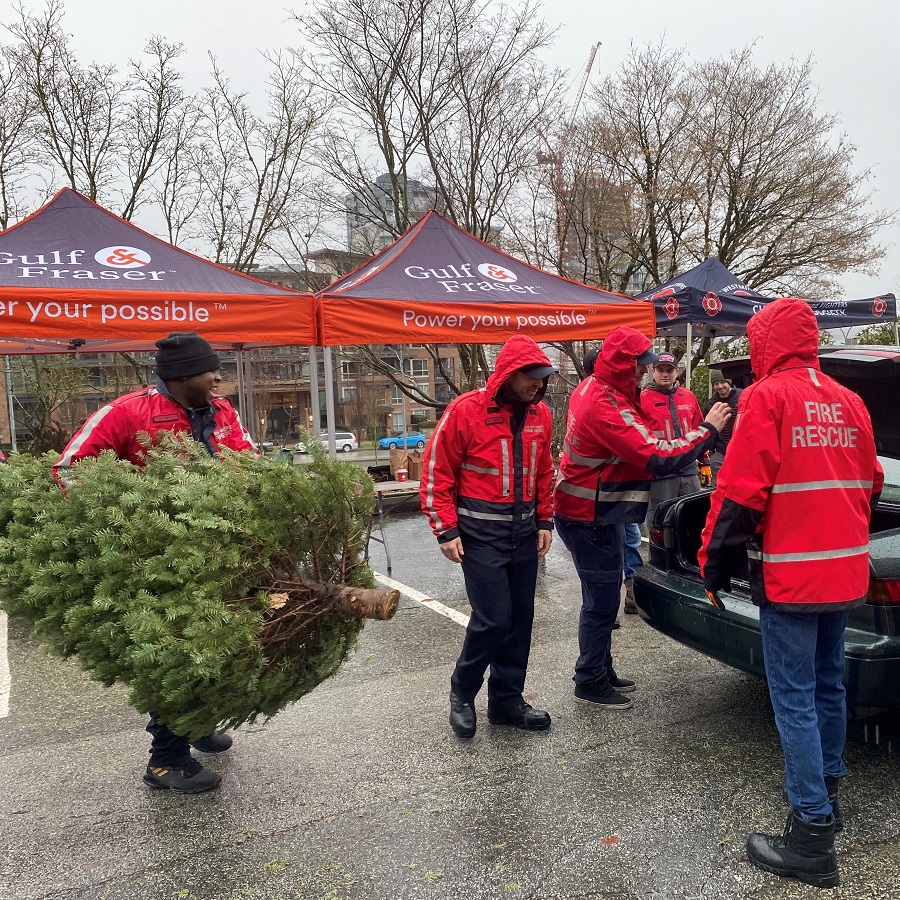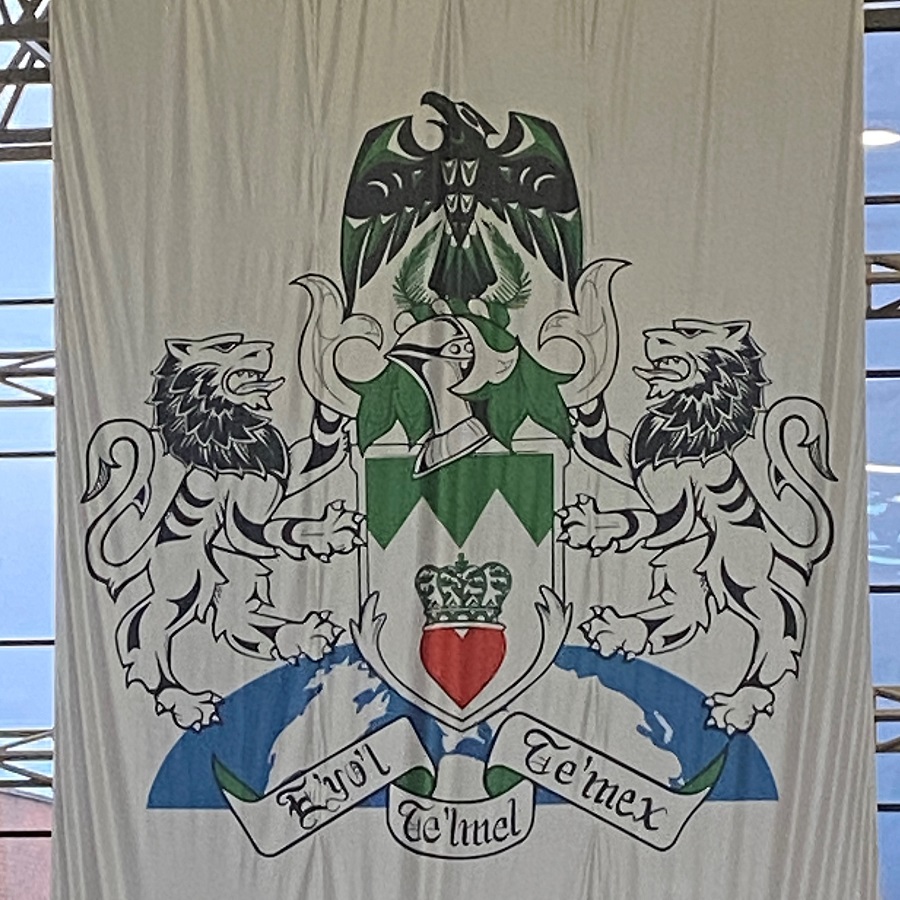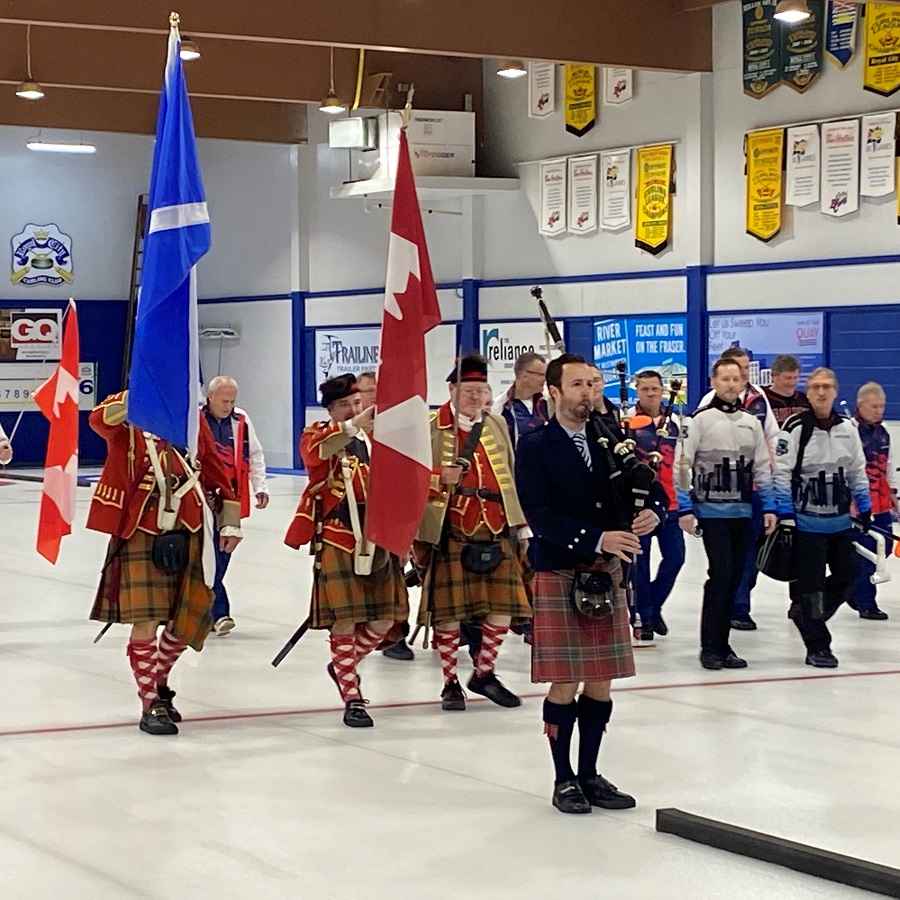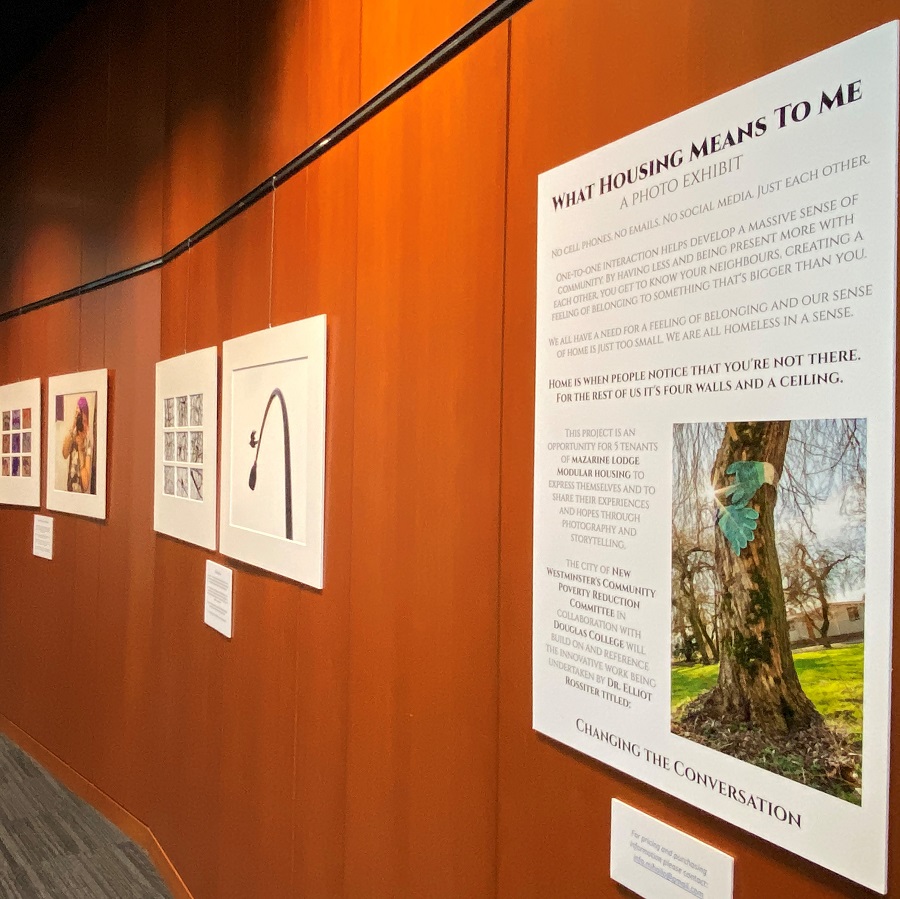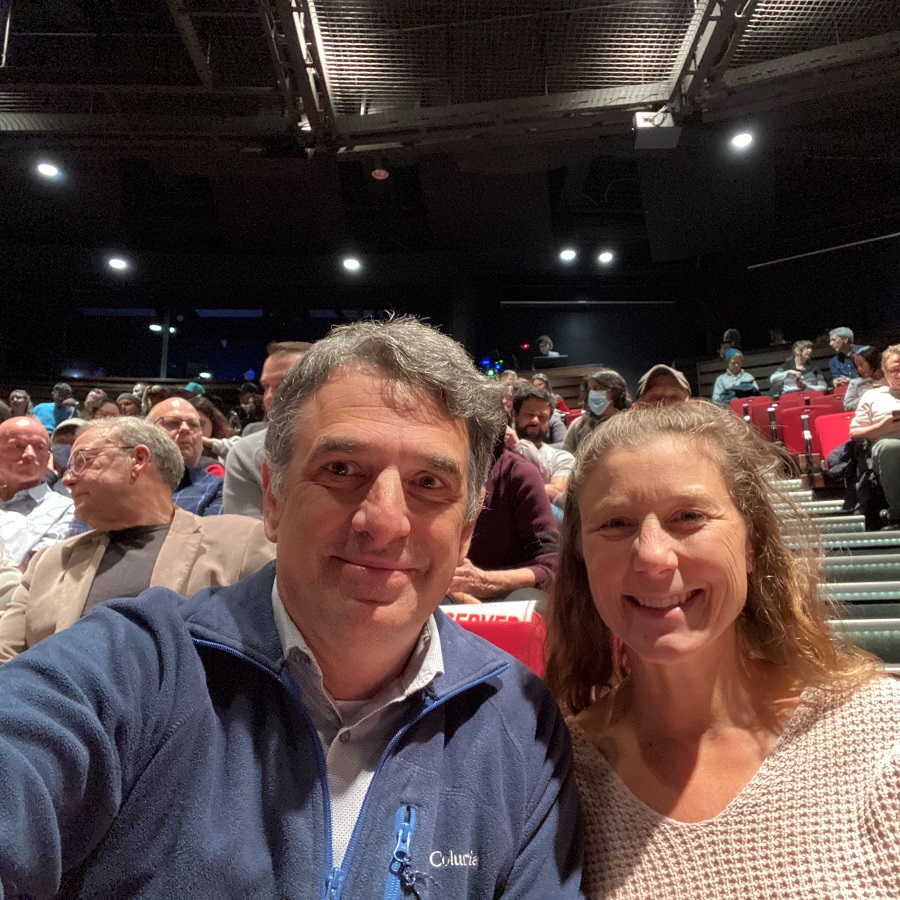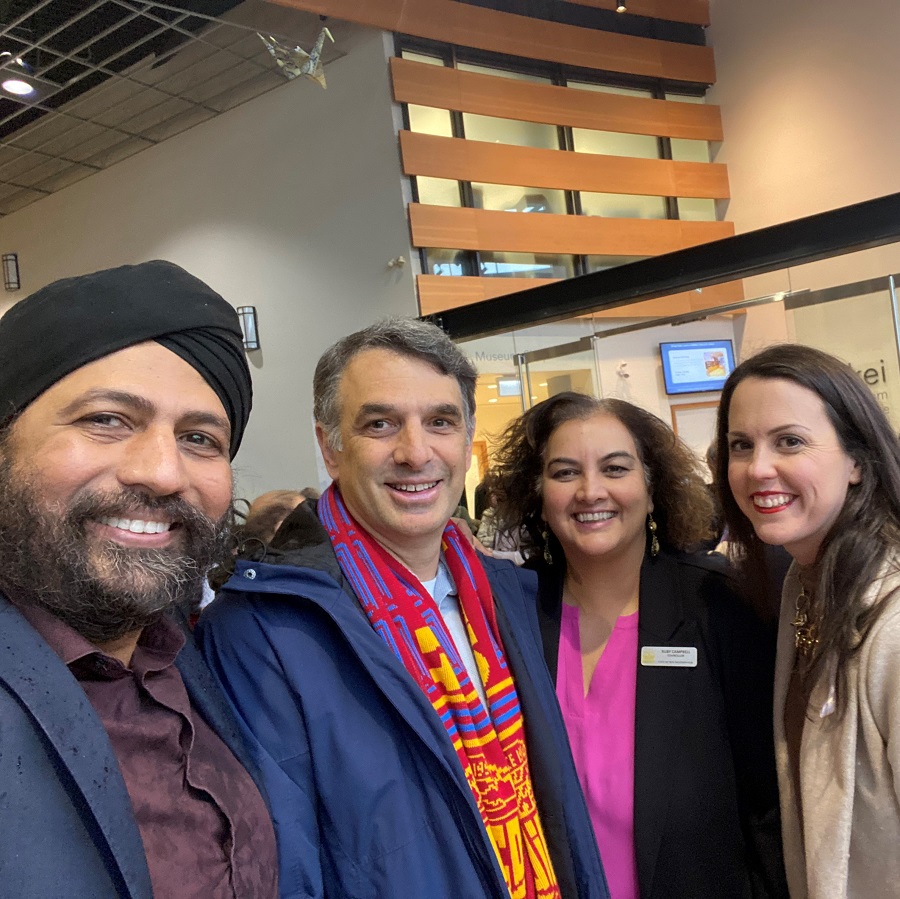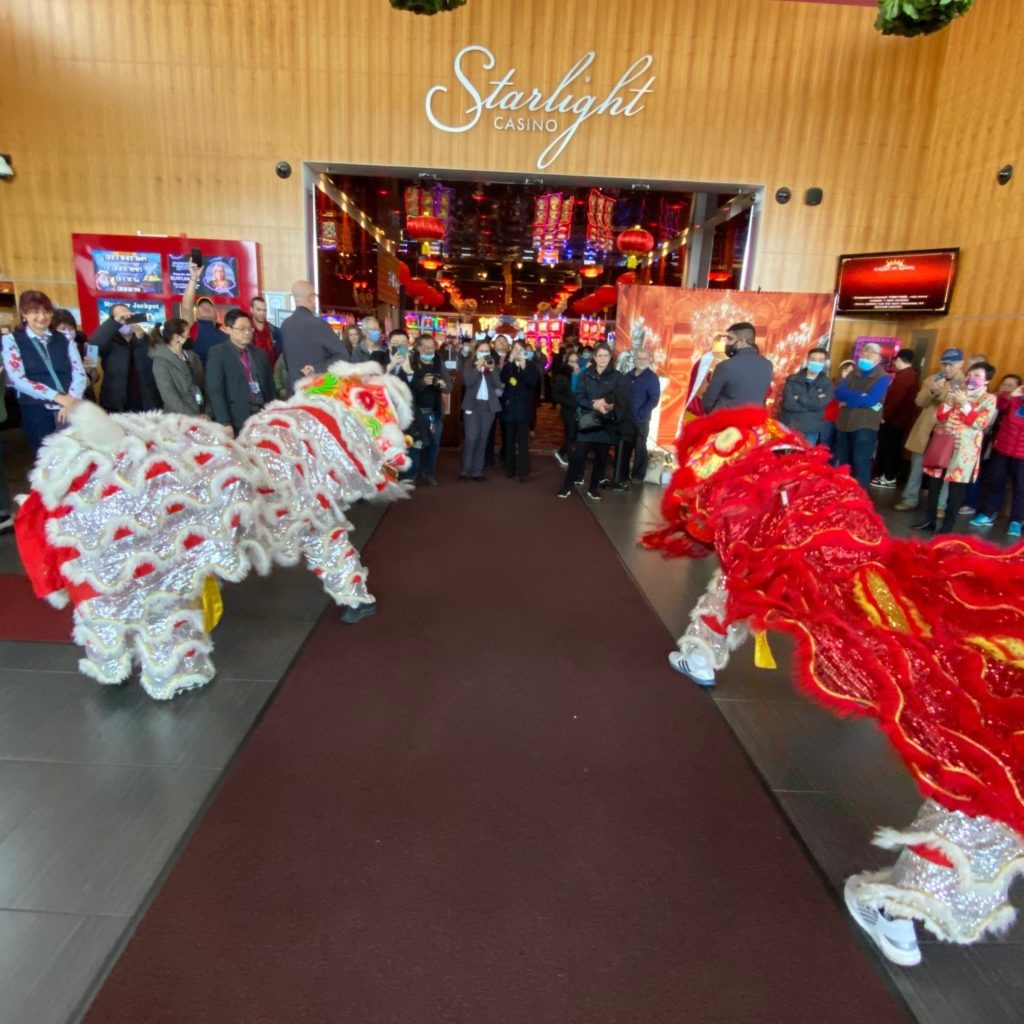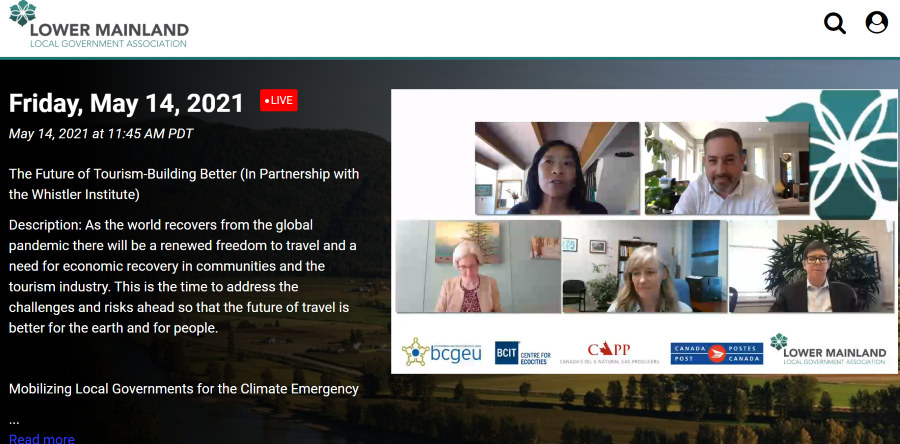One of the things that kept me too busy to blog last month was the annual Union of BC Municipalities meeting. As with many of my Council colleagues, I attended the meeting virtually, and had a bunch of accessory meetings around the main UBCM meeting events. It’s a little tardy, but here is my slightly Inside Baseball run-down of my extended UBCM week.
Minister Meetings
UBCM presents an annual opportunity for Local Government elected folks (with staff support) to meet with Provincial Government Ministers (and their staff) on pretty much every topic under the sun. Depending on the Local Government and the Minister, this may be asking the senior government for money to support projects, for changes in legislation, for partnership on specific initiatives, to share concerns or to get clarity on programs. As this was a pandemic meeting, and therefore remote, we were not as rushed to meet during and in between UBCM events, so most Minister meetings happened in the week before the actual UBCM conference.
The City had several meetings with Ministers, attended by different members of Council. I was fortunate to be able to meet with Minister of Municipal Affairs, and along with Councilor Trentadue, provide her a summary of some significant Capital Works we have planned- including upgrades to the Massey Theatre and renewing a vision for connecting our Riverfront from the Queensborough to Sapperton Landing. We also talked about a potential for regional coordination of fire boat services.
Though I could not attend, the City also had meetings with other Ministries, including with the Minister of Mental Health and Addictions and the Minister of Public Safety in regards to reviewing how we can better address the community impacts of homelessness and addiction and take the load off of Police for this work that really needs a compassionate heath-focused approach.
In my role on the executive of the Lower Mainland Local Government Association, I was also able to meet with Minister of Environment and Climate Change Action Heyman to talk about our members’ recent resolutions regarding the end of CARIP and the need for some more tools to Help Cities Lead and our hopes that the next stage of Clean BC will include these supports.
Resolutions
This session stretched over two days is where Members vote to endorse or not support Resolutions proposed by member municipalities. In sense, this is meant to represent the collective desires of Local Governments across BC, but should usually be seen through the lens of the slightly strange political structure of the UBCM. Any municipality can put a resolution forward, but the Resolution Committee of the (elected) UBCM Executive vets them and prioritizes them for voting, even recommending if Members should vote for specific ones. The voting members are not weighed by population or any such thing – essentially any elected official who registers for the meeting and shows up for the resolution session gets a vote. So eleven possible votes from Vancouver, seven possible votes from New Westminster, five possible votes from Pouce Coupe.
You can read all of the Resolutions here. The City of New Westminster had two resolutions:
NR36: Single-Use Item Regional Regulation
Whereas enactment of bylaws to regulate single-use items by individual municipalities could lead to a mosaic of regulations across the region and in BC, which may lead to confusion and inconsistency for residents and businesses in the sale or distribution of these items; And
whereas greater consistency could be achieved by implementing a regional approach; And
whereas regional districts do not have the authority to establish bylaws or regulations in relation to the sale or distribution of single-use items:
Therefore be it resolved that UBCM request the Province to engage with regional governments to develop legislation which would provide regional districts with the legislative authority to restrict the sale and distribution of single-use items.
NR45: Inclusion of Allied Health Workers to Help Combat the Opioid Crisis
Whereas the opioid crisis and mental health challenges affect at least 1 in 5 BC residents and has been compounded by the COVID-19; And
whereas evidence shows that access to upstream services such as counselling related specialties and physical/occupational therapy decreases opioid use and/or provides better health intervention outcomes, but these are not accessible to many residents as they are not covered and are much too expensive through fee for services; And
whereas communities are currently struggling to meet the needs of our residents, between funding of community programs and increased mental health calls for first responders, which already comprise between 20-30 percent of local government expenditures and are not often the most appropriate service to support people in crisis:
Therefore be it resolved that UBCM request that the Province expand access to and funding for allied health professionals, particularly mental health counselling specialties and physical/occupational therapy related specialties, through expansion of team-based care through not-for-profit delivery including community health centres, available to all BC residents regardless of their immigration status and income, throughout the province; And
be it further resolved that the Province increase support and funding for Peer Navigators as part of the BC Mental Health and Addictions Strategy
Members of the UBCM voted to endorse both of these motions.
I was also there to champion two resolutions from the Lower Mainland LGA:
EB35 Help Cities Lead
Whereas emissions by buildings account for 40-60 percent of a community’s green-house gas (GHG) emissions, and current actions in British Columbia to reduce GHG emissions from buildings are insufficient to achieve the province’s GHG targets for 2030 and 2050; and
Whereas the November 2020 mandate letters to ministers include direction to provincial ministries to move forward with three of the five policy measures included in the Help Cities Lead campaign to drive GHG reduction in British Columbia’s building sector:
Therefore be it resolved that UBCM call upon the provincial government to immediately introduce legislation supporting the three measures identified by Help Cities Lead and addressed in ministerial mandate letters: GHG requirements for new buildings, PACE financing, and home energy labelling; and
Be it further resolved that UBCM call upon the provincial government to introduce empowering legislation to permit local governments who so choose to implement the remaining two measures identified in the Help Cities Lead’s campaign: GHG requirements for existing buildings and building energy benchmarking.
NR32 Renewed Vision for Fraser River Estuary
Whereas the Fraser River Estuary is a diverse and productive ecosystem, supporting over 100 species at risk, including salmon and southern resident killer whales, and, is under increased development pressure and impacts of climate change, including flooding of industrial and agricultural lands, and would benefit from a regional planning approach that balances the needs of the ecosystem, people and the economy; and
Whereas Indigenous people have lived in and stewarded the Fraser River Estuary since time immemorial, and know the various species, habitat, and ecosystems as integral to their existence and identity, and are integral to the planning and governance of the of the Fraser River Estuary:
Therefore be it resolved that UBCM call on the federal and provincial governments to allocate the necessary resources and appropriately fund and support a renewed Fraser River Estuary Management planning process that will collectively protect the ecosystem of the Estuary through inter-agency collaboration; and
be it further resolved that the planning process includes, but is not limited to: First Nations, federal government and provincial governments.
Both of these Resolutions were also endorsed by the Membership.
Conference
The other part of the UBCM is all of the stuff you would usually have at a conference: Workshops, panel discussions, and Plenary sessions where we get speeches from important people, from John Horgan to Rick Mercer. I would have to say one difference this UBCM compared to some previous events was the openness of the NDP cabinet members all the way up to the Premier, even taking Questions from the (digitally) assembled crowd, instead of just doing a speech. It may be my bias, or it may have some relationship to our coming out of the peri-Pandemic times and the virtual nature of the meeting, but I get the sense that the shine is not off the NDP (yet?) for most local government officials, and the reception to them was warmer than in previous years, and with previous governments.
Unusually, I was on a panel this year (see photo above) talking about the Heat Dome event, what went wrong locally, and what it means for decision making ahead. I also attended a few other sessions, including a Town Hall led by the Minister for Local Government with a few other members of cabinet on Building Resilient Communities (which was frustratingly neoliberal in its definition of the problem, and its proposed solutions), a Workshop on Climate Action and the Municipal Pension Plan that turned out to be an hour of excuses about why they won’t do the fossil fuel divestment many of their members want. (Ugh).
The 2021 UBCM was virtual. The organization put together a really strong on-line portal to access the event, and it ran super smooth. The public face of the platform was so seamless and functional, it must have only been possible with a bunch of sweat, stress, and chaos behind the (digital) curtain. So kudos to the organizers for achieving that, and i hope the folks who made it work get the thanks they deserve.
Although I missed having those important informal social connections with my Local Government cohort from across the province, I did walk away from UBCM, once again, recharged and excited about the work ahead. So many leaders are doing incredible work to support their communities, finding local approaches to global problems, it makes sharing both the successes and the frustrations so important. Especially over the last 18 months, it has been easy to get discouraged or disheartened about the challenges. Challenges seem to be piling up everywhere, from Vancouver to Pouce Coupe. But knowing there are so many people dedicating themselves to making their corner of the province work better, be safer, more prosperous, and more just, gets me back in the mood that we can make a difference.






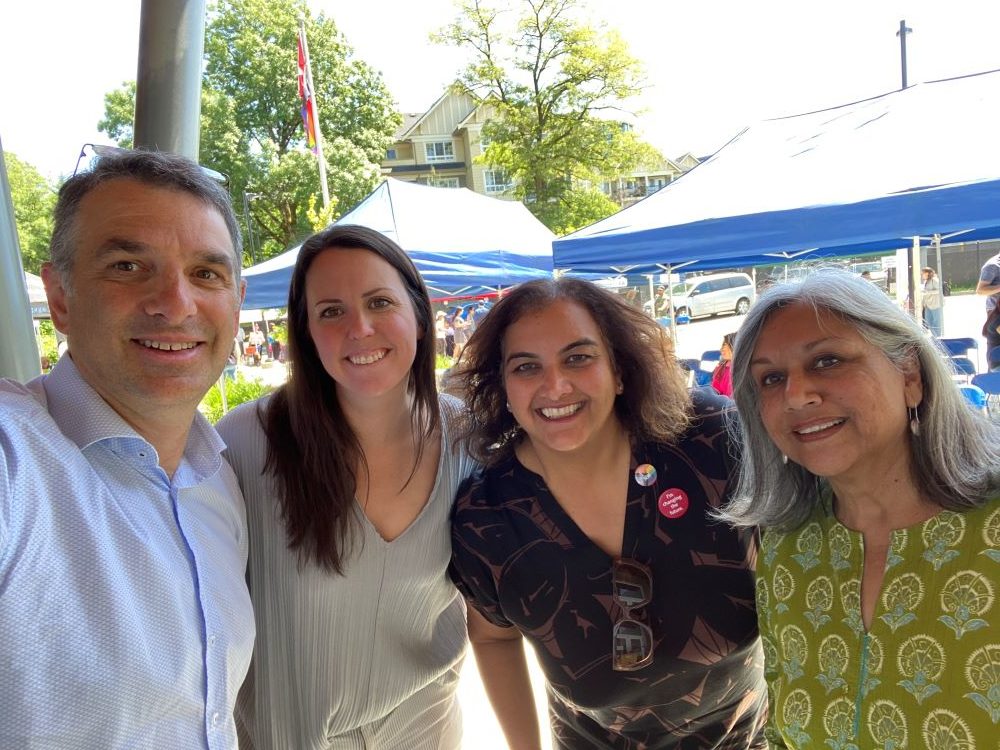




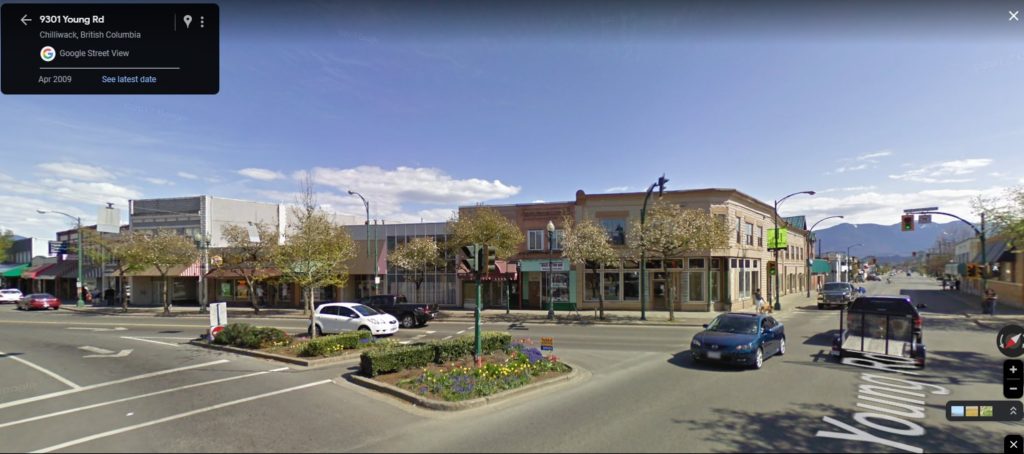

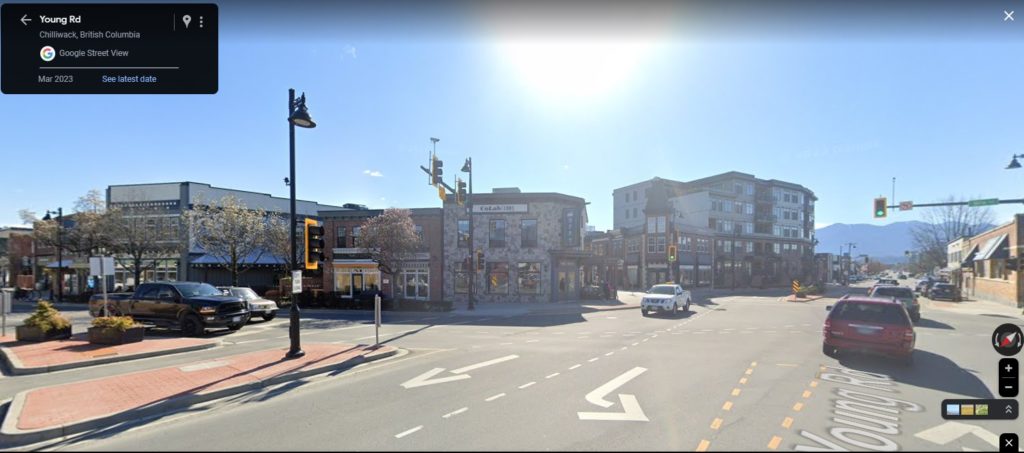
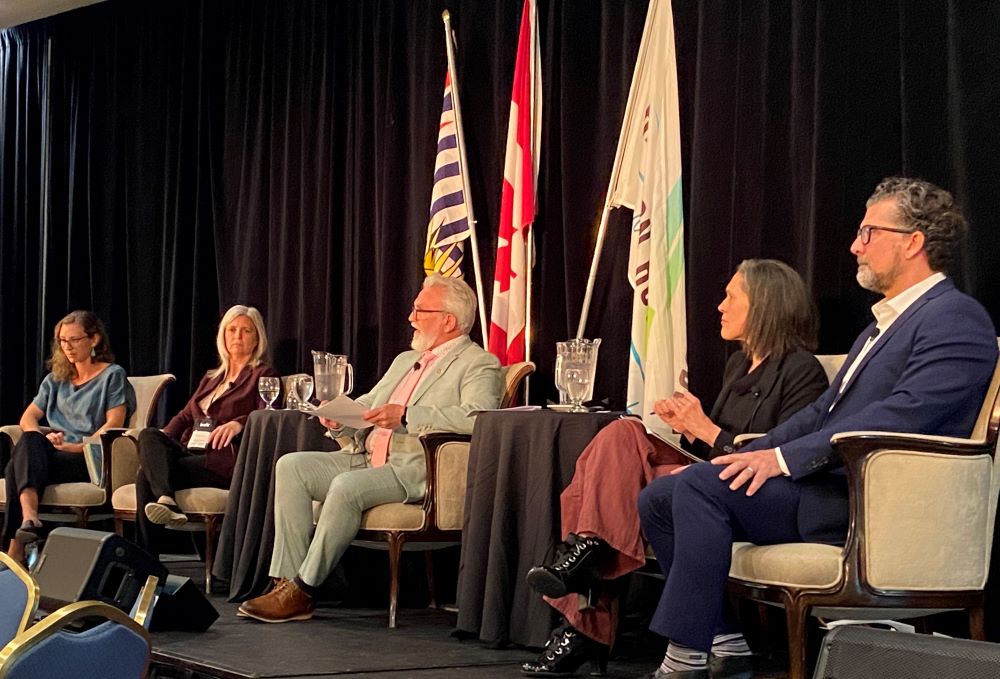
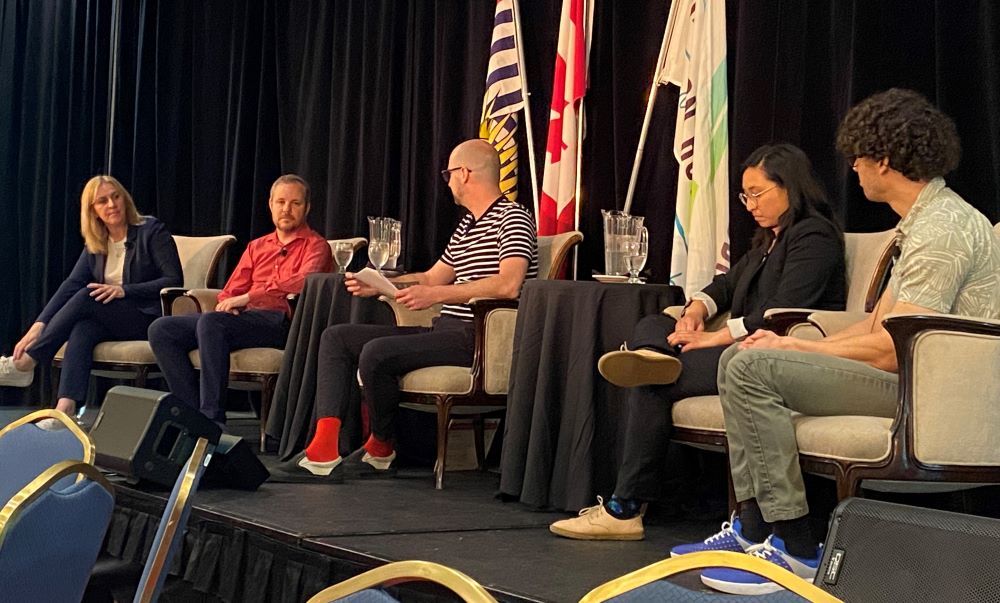
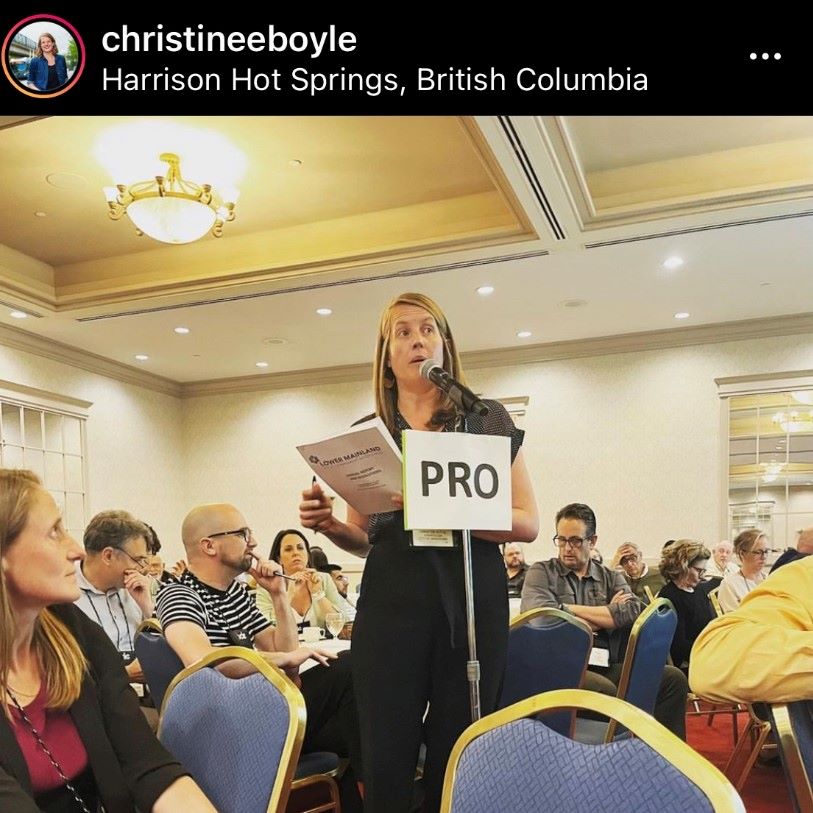
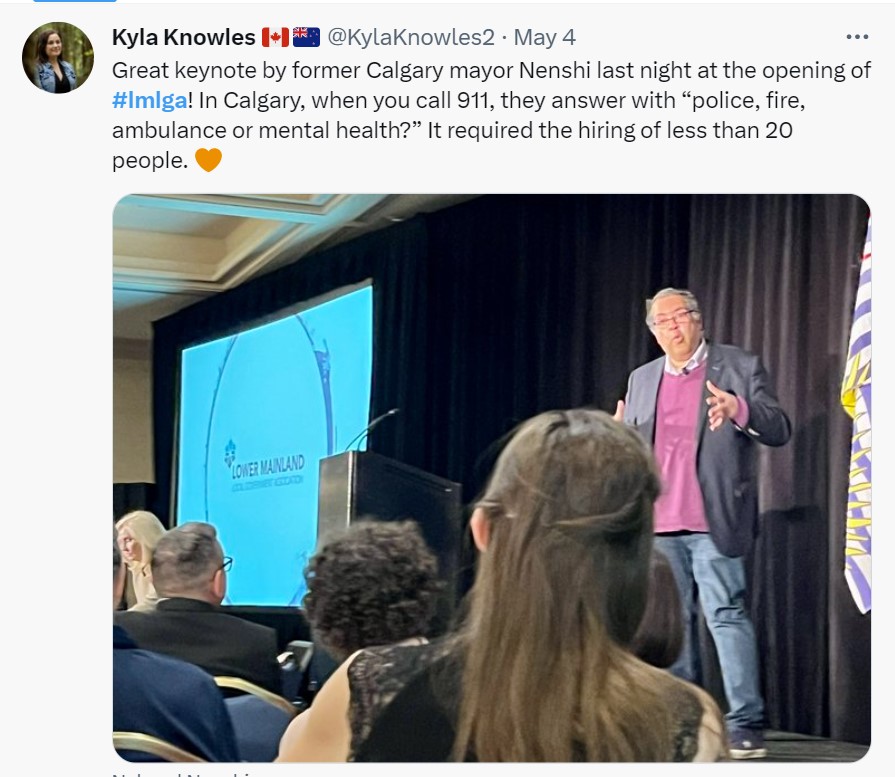
 I got to stand next to a ribbon being cut! This for the KIDS Queensborough Childcare centre, built through a partnership between the City, the Province, and Anthem Properties. This is a City-owned building that the development built as an amenity as part of their townhouse development, with funds from the City and the province to fit the spaces out.
I got to stand next to a ribbon being cut! This for the KIDS Queensborough Childcare centre, built through a partnership between the City, the Province, and Anthem Properties. This is a City-owned building that the development built as an amenity as part of their townhouse development, with funds from the City and the province to fit the spaces out. I took a quick trip over to Victoria for the Municipal Finance Authority Annual General Meeting (New Westminster is a member). While I was there I was able to set up a couple of side-meetings, including with Jason Lum, who is Chair of the Fraser Valley Regional District and an all-around great guy. We talked about Metro-FV alignment on flood preparedness, air quality, and inter-regional transportation in preparation for the Lower Mainland LGA meeting coming up in May.
I took a quick trip over to Victoria for the Municipal Finance Authority Annual General Meeting (New Westminster is a member). While I was there I was able to set up a couple of side-meetings, including with Jason Lum, who is Chair of the Fraser Valley Regional District and an all-around great guy. We talked about Metro-FV alignment on flood preparedness, air quality, and inter-regional transportation in preparation for the Lower Mainland LGA meeting coming up in May. I also went out to the Fraser Valley to join Metro Vancouver senior staff and Board Members for a two-day Strategic Planning session that was informative and at times challenging, with the massive scale of infrastructure work Metro needs to do in coming years.
I also went out to the Fraser Valley to join Metro Vancouver senior staff and Board Members for a two-day Strategic Planning session that was informative and at times challenging, with the massive scale of infrastructure work Metro needs to do in coming years. New Westminster hosted (for the first time!) the
New Westminster hosted (for the first time!) the  Vaisakhi was on April 14th, and the good folks at the Gurdwara Sahib Sukh Sagar wanted to “share the harvest” and thank City staff for their work thought the pandemic, and offered a free lunch to crews at the City’s Works Yard. The food was delicious, and we lucked out with a sunny day that made for a great picnic for staff. This was a really generous offer by the folks at the Gurdwara, and it was great to be able to break bread with the outdoor crews in such a casual setting.
Vaisakhi was on April 14th, and the good folks at the Gurdwara Sahib Sukh Sagar wanted to “share the harvest” and thank City staff for their work thought the pandemic, and offered a free lunch to crews at the City’s Works Yard. The food was delicious, and we lucked out with a sunny day that made for a great picnic for staff. This was a really generous offer by the folks at the Gurdwara, and it was great to be able to break bread with the outdoor crews in such a casual setting. The Local HUB Cycling chapter invited me to their monthly meeting to talk about what the City is doing for active transportation, and to let me know what they see as the big priorities in the year ahead.
The Local HUB Cycling chapter invited me to their monthly meeting to talk about what the City is doing for active transportation, and to let me know what they see as the big priorities in the year ahead. Like many Local Government folks around the region, I attended the UBCM Housing Conference in Vancouver. I don’t remember there ever being an event like this, with so many elected folks and planning staff from local governments, provincial government representatives (including the leaders of all three Provincial parties) and housing providers in the same room, talking about the need for different and more aggressive approaches to getting housing approved and built. The panels were great learning, but the networking and connections were the most valuable part, especially for the new members of Council.
Like many Local Government folks around the region, I attended the UBCM Housing Conference in Vancouver. I don’t remember there ever being an event like this, with so many elected folks and planning staff from local governments, provincial government representatives (including the leaders of all three Provincial parties) and housing providers in the same room, talking about the need for different and more aggressive approaches to getting housing approved and built. The panels were great learning, but the networking and connections were the most valuable part, especially for the new members of Council. One of the Conference days, I slipped out for an hour to run across the street and see the
One of the Conference days, I slipped out for an hour to run across the street and see the  I also dropped by the opening of the
I also dropped by the opening of the  A few members of Council attended the Fraser River Discovery Centre Hall of Fame induction of SRY and SeaSpan. It was great to meet more of the people who work on the river, and bend the ears of the Port and marine carriers about our common interests.
A few members of Council attended the Fraser River Discovery Centre Hall of Fame induction of SRY and SeaSpan. It was great to meet more of the people who work on the river, and bend the ears of the Port and marine carriers about our common interests. And finally, Earth Day came and went, which brought a lot of activities to the City. I joined the Family Bike Ride organized by a couple of local “Rad Moms” and Babies for Climate Action with some support for the local HUB chapter. A few folks there were unsarcastcially thankful of City of New West for building safer bike infrastructure, though they do still need work to do to make the network complete.
And finally, Earth Day came and went, which brought a lot of activities to the City. I joined the Family Bike Ride organized by a couple of local “Rad Moms” and Babies for Climate Action with some support for the local HUB chapter. A few folks there were unsarcastcially thankful of City of New West for building safer bike infrastructure, though they do still need work to do to make the network complete.













